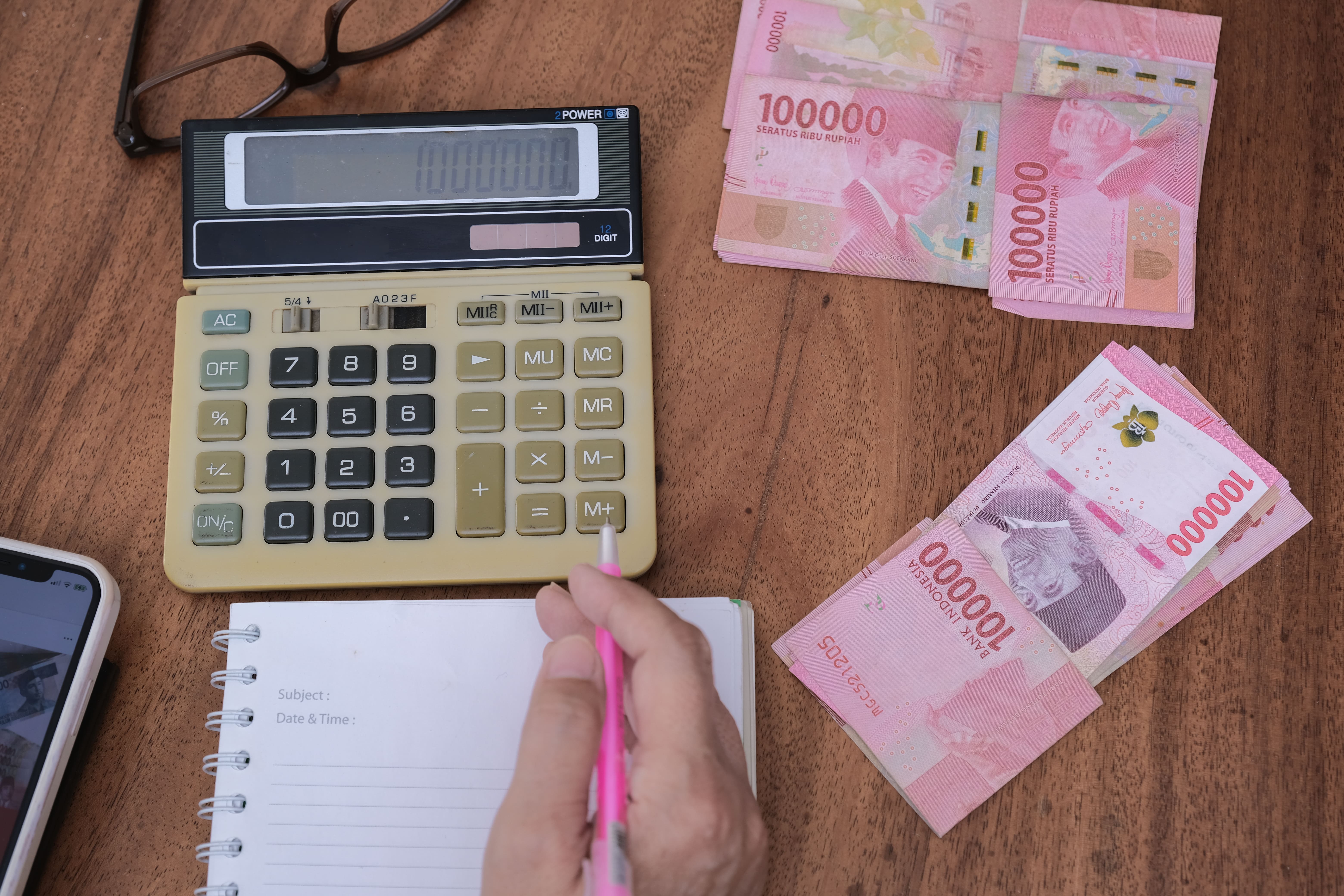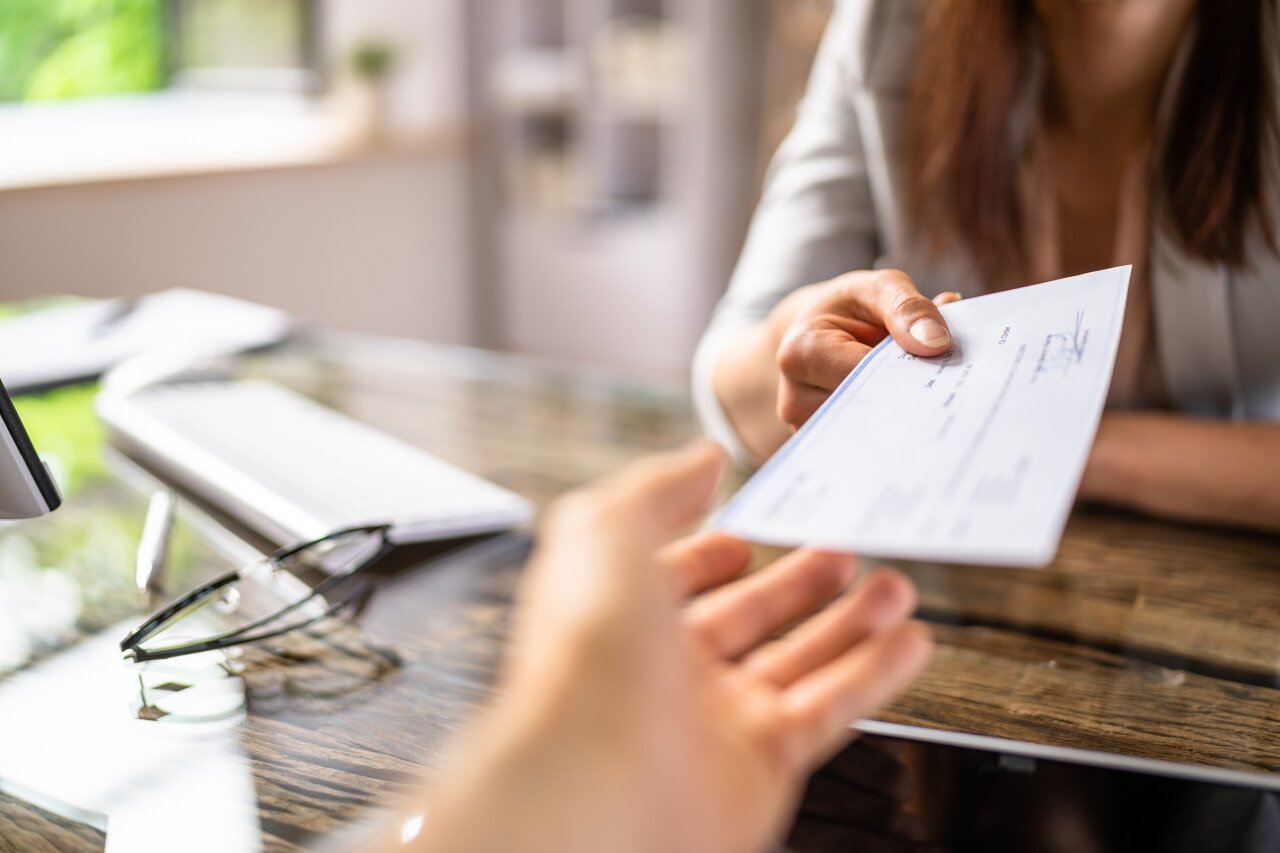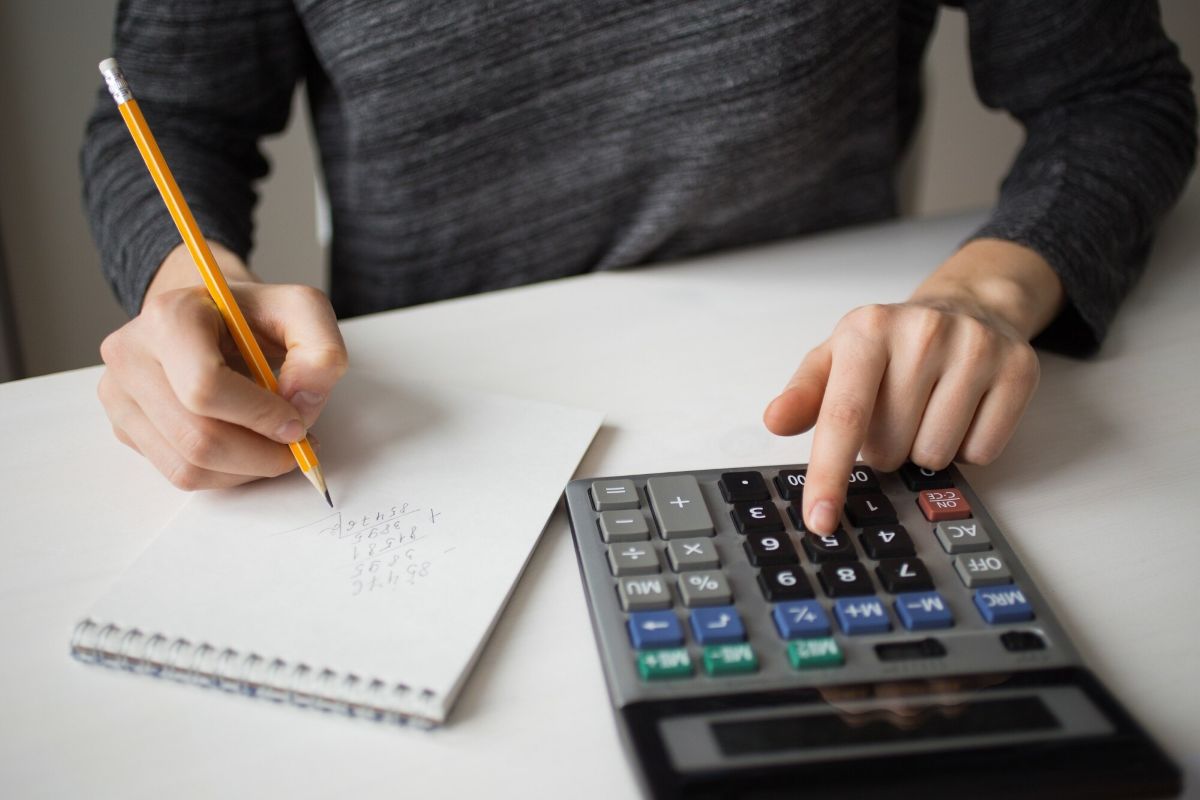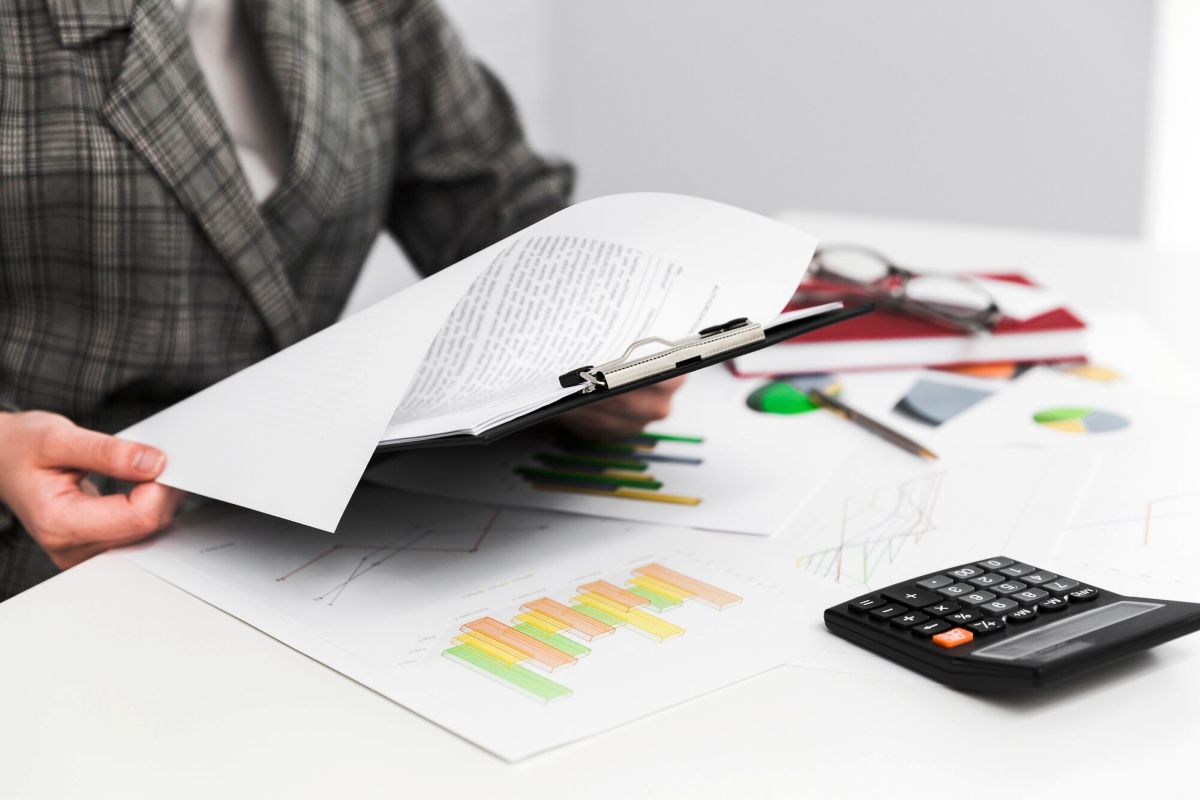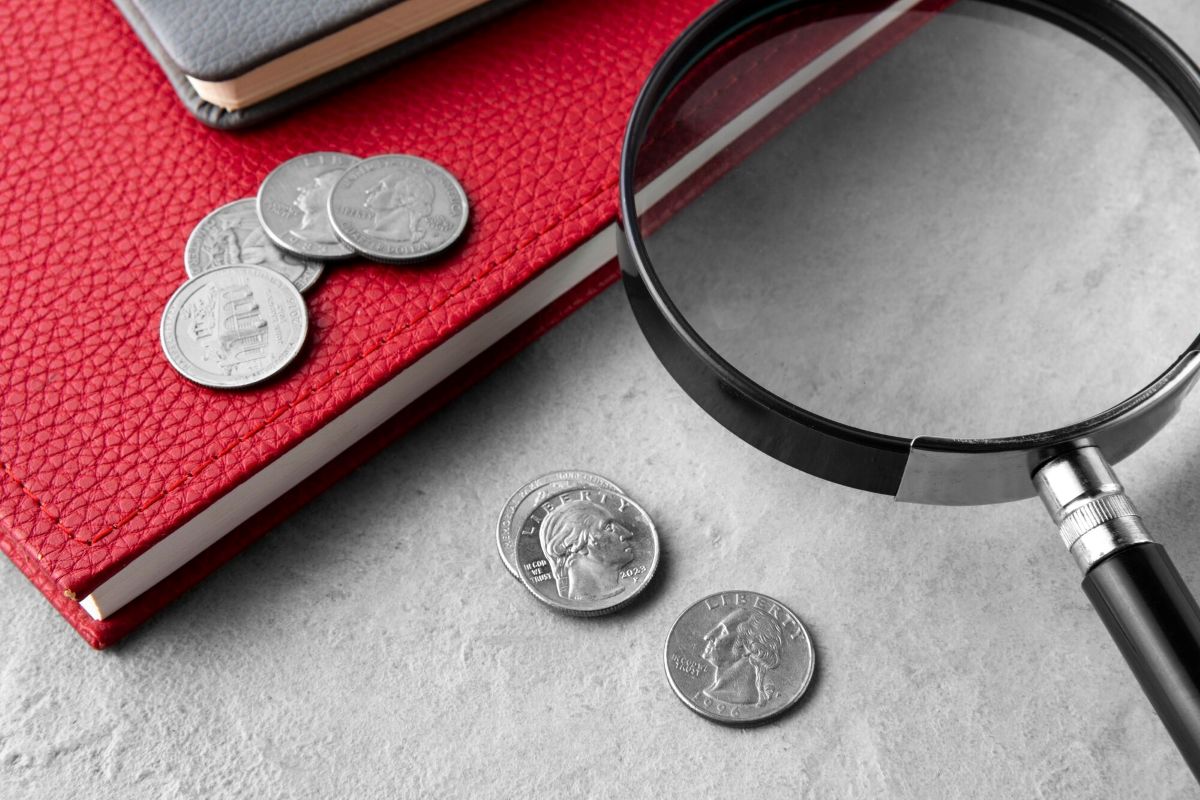Indonesia to Increase VAT to 12% Starting in 2025
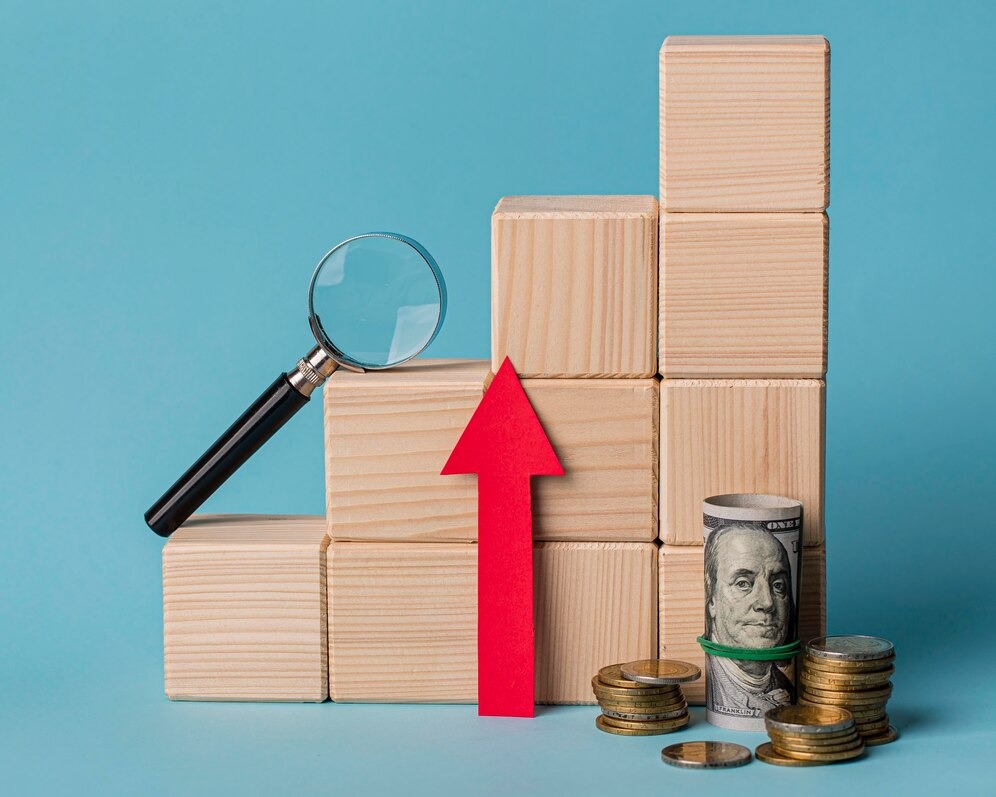
On January 1, 2025, Indonesia will increase its value-added tax (VAT) rate from 11% to 12%. The move is expected to generate an additional 75 trillion IDR for the state budget.
Febrio Kacaribu, Head of the Fiscal Policy Agency at the Ministry of Finance, explained that the increase is part of the government’s broader economic strategy. Speaking at a press conference in Jakarta on December 16, 2024, he emphasized that the measure is designed to strengthen public finances while ensuring that essential goods remain unaffected. “Rice, eggs, and meat will remain exempt from taxation,” he stated.
In 2022, the introduction of an 11% VAT rate proved successful, generating 60.7 trillion IDR in revenue. This reinforced the government's confidence in the need to raise the rate further.
Support Measures for Key Economic Sectors
To address potential economic challenges, the government is rolling out support initiatives for strategic industries, including the automotive sector and healthcare. These measures aim to stimulate economic growth and help offset any decline in consumer purchasing power.
"Revenue streams will be closely monitored, and fiscal policy will be managed with caution," said Febrio Kacaribu.
Impact on Households and Businesses
Experts caution that the VAT increase may strain the purchasing power of the middle class. Many households could be forced to reduce their spending or seek additional income to maintain their standard of living. This may lead to a decline in domestic consumption, a vital driver of Indonesia’s economy.
The Indonesian Chamber of Commerce and Industry (KADIN) and other business groups are calling on the government to launch a comprehensive public awareness campaign. Clear communication about the reasons behind the VAT hike and its benefits could help ease social concerns and support businesses in adapting to the changes.
The Need for Holistic Measures
Economists stress that for the VAT increase to be truly effective, it is essential to account for global economic conditions and provide support to vulnerable groups. Recommended steps include enhancing social protection programs and offering additional fiscal incentives to businesses.
Example of VAT Calculation (12%)
LUXURY GOODS | NON-LUXURY GOODS |
Sports Car : IDR 800.000.000 VAT = 12% x IDR 800.000.000 = IDR 96.000.000 | Laptop : @ IDR 50.000.000 x 16 pcs = IDR 800.000.000 VAT = 12% x (11/12 x IDR 800.000.000) = 11% x IDR 800.000.000 = IDR 88.000.000 |
Luxury Properties Luxury Motor Vehicles High-Value Jewelry and Artworks Premium Electronic Products | Standard Electronic Products General Clothing or Footwear (not luxury brands or limited editions) Standard Household Furniture Examples as tables or chairs priced reasonably Basic Necessities Examples : rice, sugar, and cooking oil), as well as certain services (education, healthcare), are usually exempt from VAT. |

